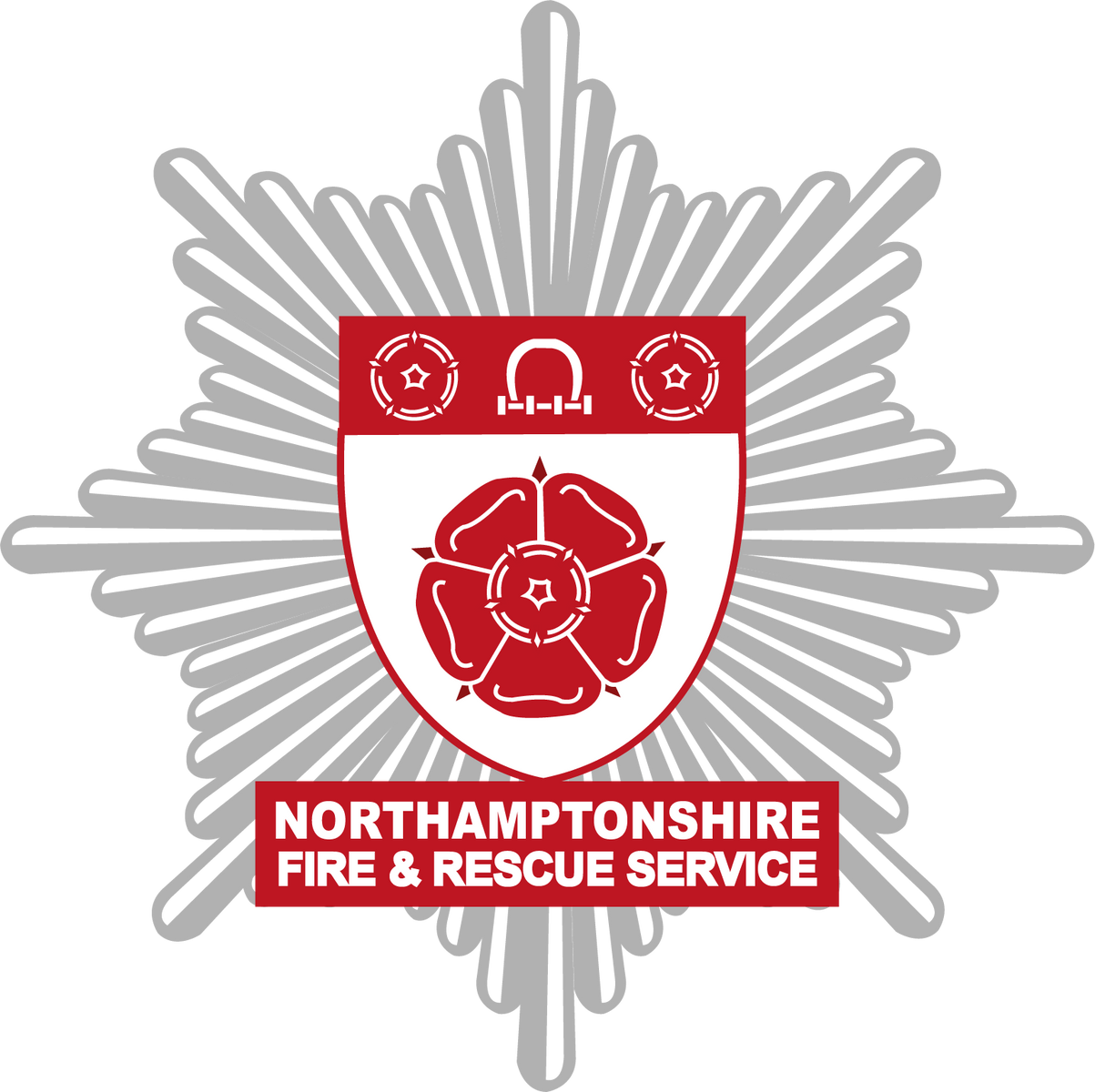‘Call us if you are worried about the fire safety of a vulnerable person’ is the message to carers, from Northamptonshire Fire and Rescue Service (NFRS).
This Carers’ Week (June 8-14), people who help to look after someone who may need support due to age, disability or illness, are being reminded that fire safety support is available from NFRS.
Although, during the pandemic, home safety visits have been scaled back, members of the Prevention team are still making contact with people who have reported fire safety concerns to the Service.
In cases deemed to be ‘high risk’, more than 400 home safety visits have been cautiously carried out since the start of the pandemic.
Families and carers are being reminded that, despite the Covid-19 government restrictions, support is still accessible.
In recent weeks, firefighters have attended cooking fires at the homes of some of the more vulnerable people in the county – this could be linked to memory problems or frailty associated with health conditions or age. These may be people who are spending more time alone as a precaution against covid-19 infection.
NFRS would like people to really consider how safe those they care for are when they are cooking and to please contact us for advice if they have any concerns.
Prevention Team Leader Tina Collett said: “Thousands of people across the country care for loved ones every day, this could be an elderly parent who needs support from an adult child, or it could be a younger person helping support a parent who has become less mobile through accident, illness or a specific condition.
“In issuing this advice and reminding people about our Home Safety Visits, we want carers to know we recognise how pressured their work is and we are there to turn to for fire safety advice and support, to relieve a little of that worry.
“We hope people will call us and discuss the different options available such as helpful pieces of technology or other support which could be put in place such as a home safety visit.
“We fully recognise just how valuable the work of a carer is and we want people to know we are here to help make sure fire safety doesn’t continue to be a fear. We are still carrying out home safety visits to those who are most at risk and we are also offering telephone advice over the phone.”
When a Home Safety Visit is made, NFRS will visit a person’s home and let them know all the potential danger points and give them help and tips on how to make things safer. That can even include fitting a smoke alarm for someone who is frail or less mobile.
NFRS is also supporting the week by sharing some fire safety information which could help keep carers and the people they support a little safer.
10 fire safety tips for carers
1. Call NFRS if you are concerned about someone’s fire safety. Ring 01604 797000 and ask to speak to the Home Safety Team. For more details about Home Safety Visits, see: http://www.northantsfire.gov.uk/safety/home-safety-checks/
2. Practical fire safety steps for those living with conditions such as dementia can include shut-off devices which stop the gas supply if a cooker is left on, or a gas tap which can be turned off to prevent unsupervised cooking.
3. If there is a fire, make sure you and the person you care for knows what to do and how to escape. It is a good idea to practise escape routes just in case the unexpected happens. Also, make sure escape routes are clear of clutter and obstructions.
4. If oxygen is used in the home, make sure it is kept safely and out of direct sunlight. It should be kept dry and away from other heat sources. Oxygen should also be out of the way when you are smoking, near an open flame or using an electrical appliance such as a hairdryer.
5. If you care for someone who has difficulties hearing, it is possible to acquire specialist smoke alarms which use a strobe light and vibrating pads. Alternatively, consider linking the alarm system to your own as this can alert you to danger.
6. If someone has difficulties with vision, a coloured sticker on a smoke alarm can help them to test it.
7. Make sure smoke alarms are being tested at least once a month.
8. Placing a tactile indicator along your escape route can make it easier for those with sight difficulties to find an exit.
9. If you live with the person you care for, consider fitting an intercom which will allow you to alert someone else in the house in an emergency.
10. Easy access smoke alarms are available for people who have trouble moving around. These can be tested from the wall rather than the ceiling. The Disabled Living Foundation can provide more information on these products.







 Fire Risk Assessment (worked example for House in Multiple Occupation (HMO)) (PDF 389KB)
Fire Risk Assessment (worked example for House in Multiple Occupation (HMO)) (PDF 389KB)
